Green Fixes For an Eco-Friendly Bathroom Remodel
If you’re already set on redoing or upgrading your bathroom, hop on the green wave and consider easily turning the project into an eco-friendly bathroom remodel. In most cases, it won’t cost you any more to buy environmentally-friendly products and you may even save money if you repurpose items to help with overall sustainability.
It costs around $10,000 to complete an average bathroom remodeling project. The investment is well worth the cost, however, as you’ll recoup about 70 percent of your investment and beautify your home in the process. Here are some fixes you can sneak into an eco-friendly bathroom remodel.
1. Upcycle Old Items
Do you despise those oak, builder’s grade cabinets in your home? They may be difficult to match with flooring, but many are built to be quite sturdy. Instead of going out and buying new cabinets, which requires sacrificing more trees and a whole manufacturing process, consider refinishing the cabinets you already have.
Another option is to buy used cabinets at a local flea market or salvage yard and refinish those for your suddenly eco-friendly bathroom remodel.
2. Install Water Saving Fixtures
The average standard toilet accounts for as much as 27 percent of household water usage. Using a gray-water system, where the water from the sink and shower feeds your toilet, helps conserve water. Toilets labeled as WaterSense use 60 percent or less water than older models.
3. Add Natural Light
Have you seen the light (get it?) and want to reduce your energy usage? Add natural light so you don’t need to constantly flip on the lights when you walk into a room. This might include adding a window or two, a skylight or some glass blocks to really brighten up that eco-friendly bathroom remodel.
4. Use Natural Ceramic Flooring
Take into account the type of flooring you choose. Try to stick with sustainable materials that don’t create a big burden on the environment in the process of manufacturing them. For example, choose natural ceramic or bamboo versus laminate or vinyl. Marble and natural stone are also good choices for a bathroom floor or shower walls.
5. Choose a Better Water Heater
About 18 percent of your home’s energy usage goes to keeping your hot water heater going. Unfortunately, the hot water sits in the tank and isn’t always used while people are sleeping or way at work. If you’re remodeling anyway, consider investing in something that will be less wasteful, such as an on demand water heating system. A condensing storage water heater is much more efficient than a conventional water heater. Another option is solar water heaters.
6. Purchase Green Paints
Use paints with low volatile organic compounds (VOC). These should be labeled clearly. They are less toxic and more environmentally friendly than traditional paint and the cost is minimal when factored into the overall redesign budget.
While you’re at it, reduce toxicity in your bathroom in the long-term by practicing effective natural cleaning methods — yes, they really work!
7. Use Green Building Materials
Not all building materials are created equally. If you’re adding on a bathroom or somehow framing it out and using drywall, make sure you buy materials that are environmentally friendly.
Seek out companies that use green practices, such as lumber mills that replant the trees they cut down to prevent deforestation. The type of wood and other materials you choose also has an impact on the environment. If you’re unsure what to use, consult a green contractor or your local lumber store.
8. Find Recycled Counters
Use natural materials for your counter tops as well. You could buy a recycled product, such as Novustone, which is about 80 percent recycled glass. Other recycled or green friendly countertops include PaperStone and Caesarstone.
Each product uses different recycling methods, such as recycled paper or recycling water used in manufacturing the product.
9. Buy a Better Exhaust Fan
A crucial step in taking on a green bathroom remodel is to Invest in an exhaust fan that has an Energy Star rating. Not only is this more energy efficient, but some of the newer models feature humidity sensors. If you have issues with your bathroom mirror fogging up, this type of fan will alleviate that problem. You should also make sure the fan is vented outside of the house and not just into the attic.
10. Install Efficient Showerheads
Showering accounts for about 17 percent of your indoor water usage in your home, equally 1.2 trillion gallons of water per year used in the United States. The average showerhead uses about 2.5 gallons of water every minute. However, showerheads with a WaterSense label use 2.0 gallons per minute (GPM) or less. Over time, a WaterSense labeled showerhead will save you money and save the environment.
An Eco-Friendly Bathroom Remodel
When you’re in the process of choosing new or previously owned materials for your home, it’s fairly simple to make sure you’re completing the project in an eco-friendly way. Choose items based on both the way they were manufactured (hopefully using green practices), but also on their long-term energy efficiency and impact on the world around you.
If everyone works together in small ways to protect our natural resources, we can have a big impact on the world. Plus, your bathroom is going to look super nice, and that’s always a plus too.
Source: https://renovated.com/eco-friendly-fixes-green-bathroom-remodel/
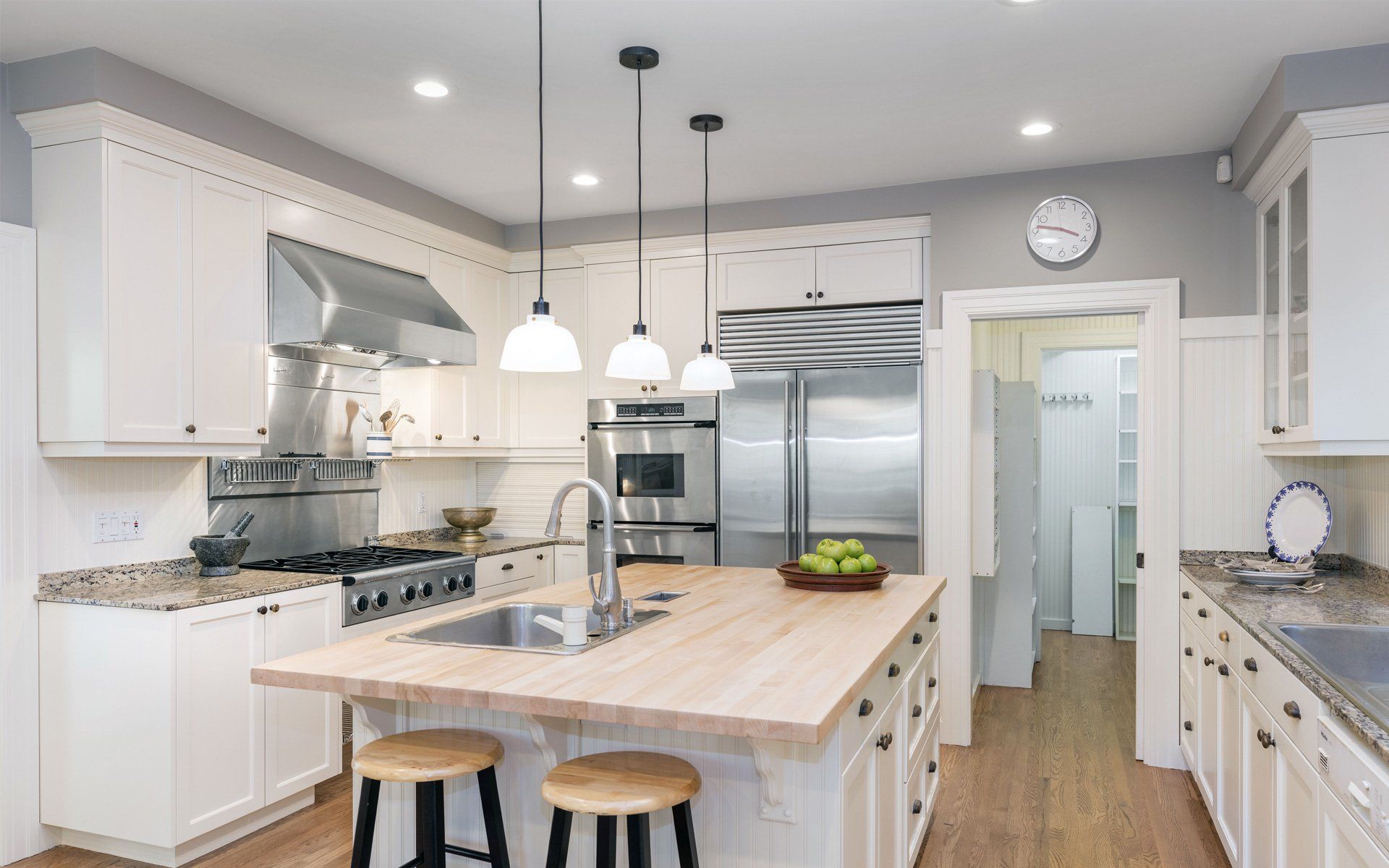
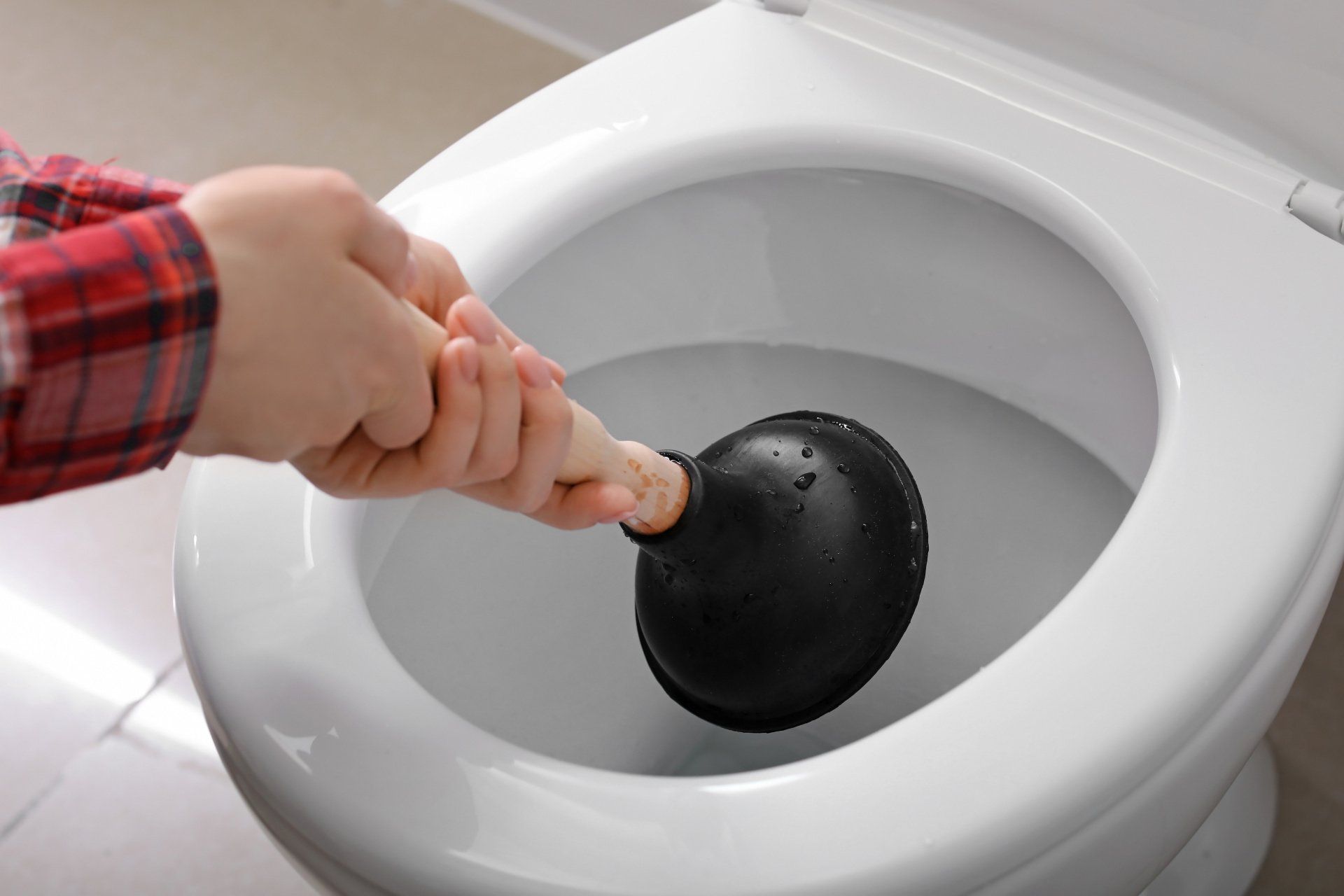
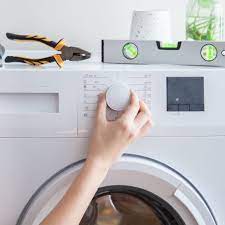
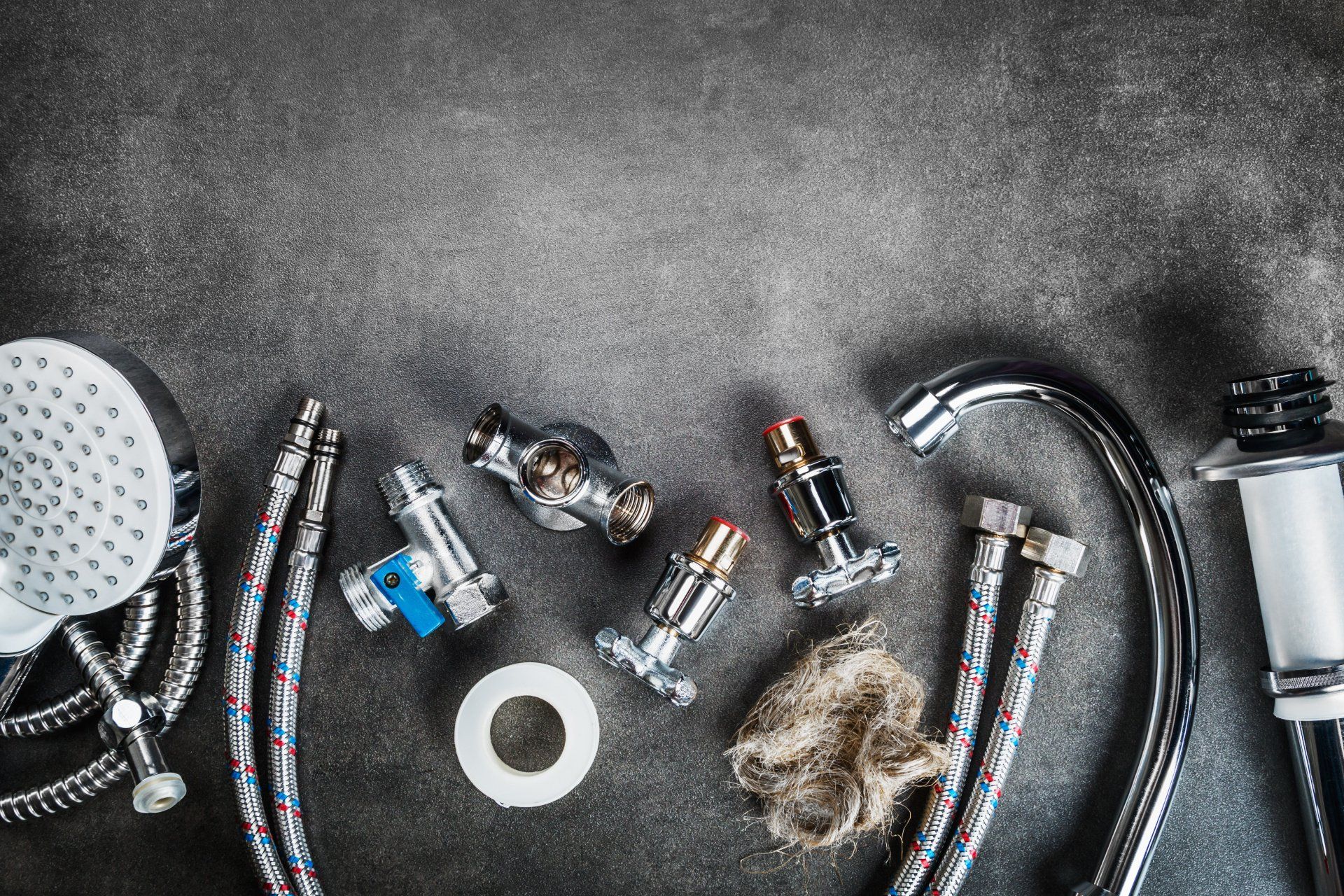
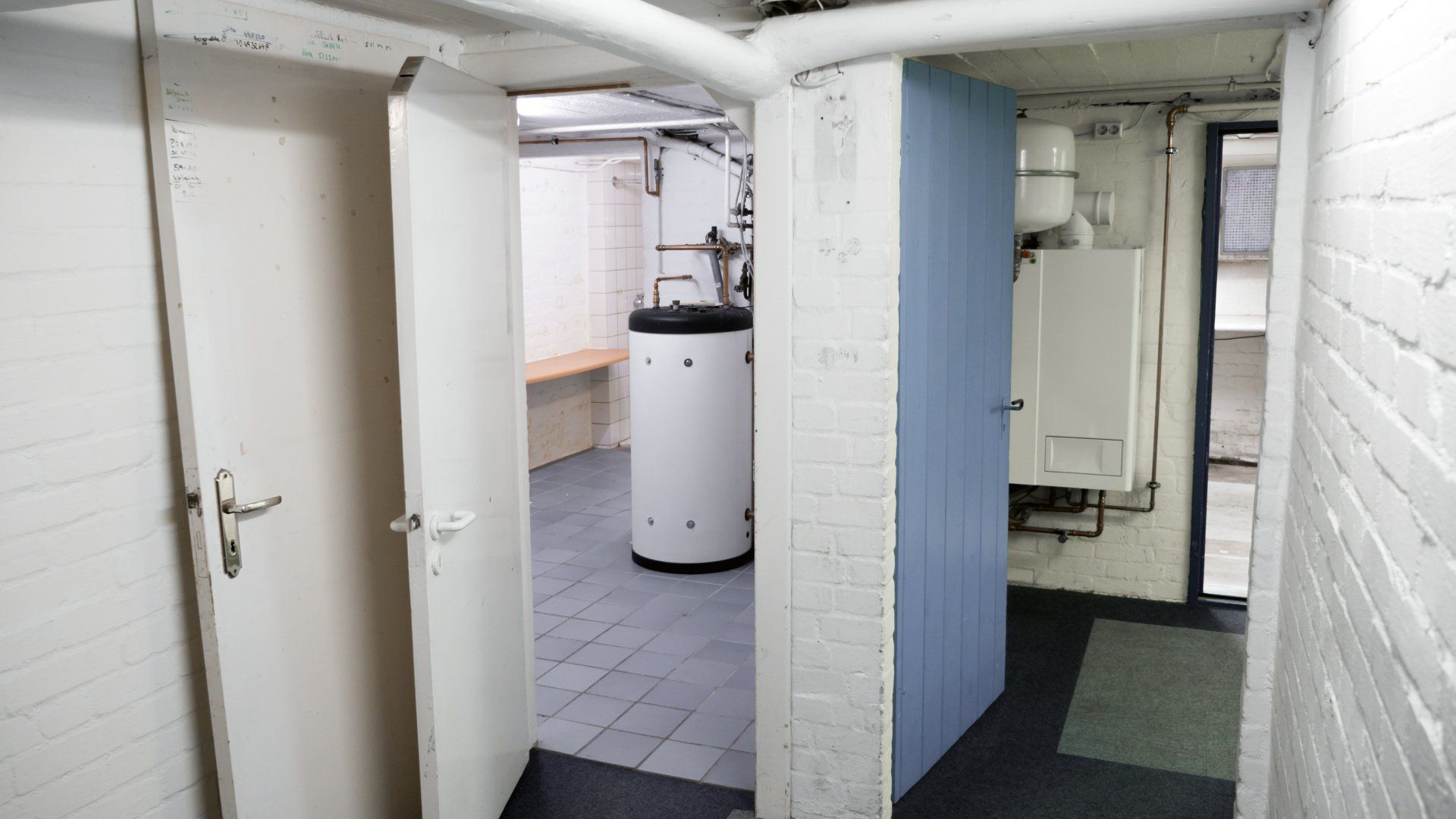
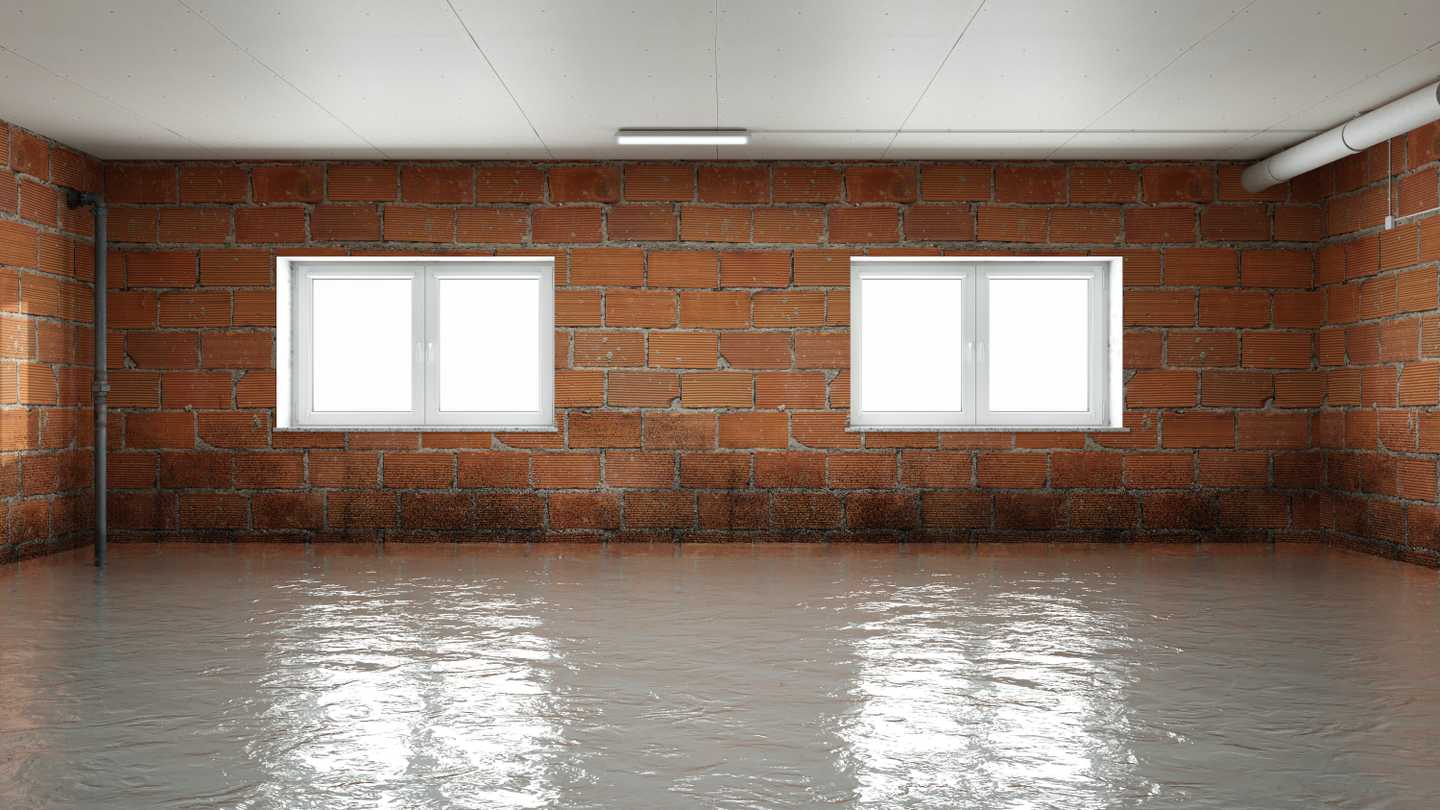
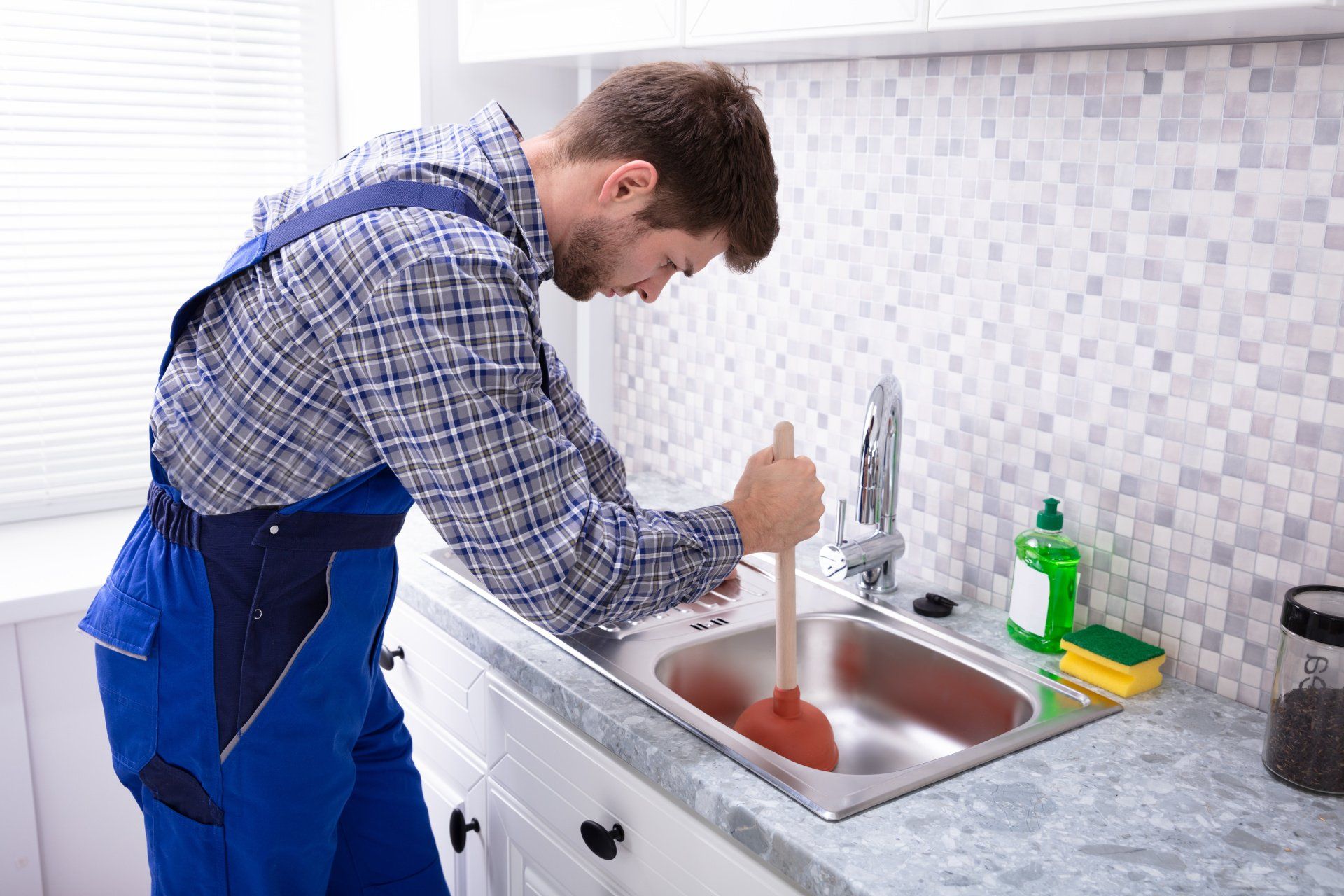
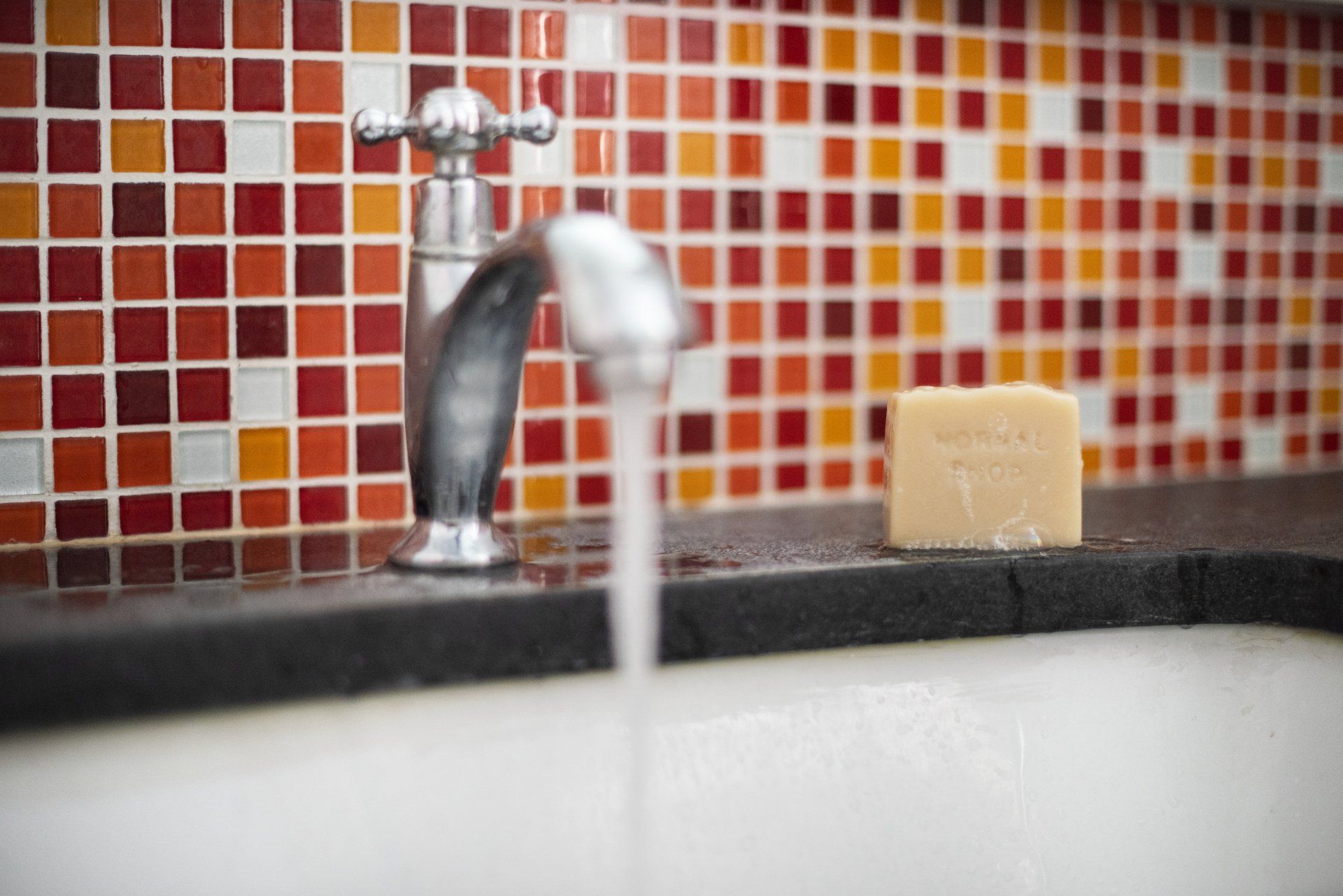



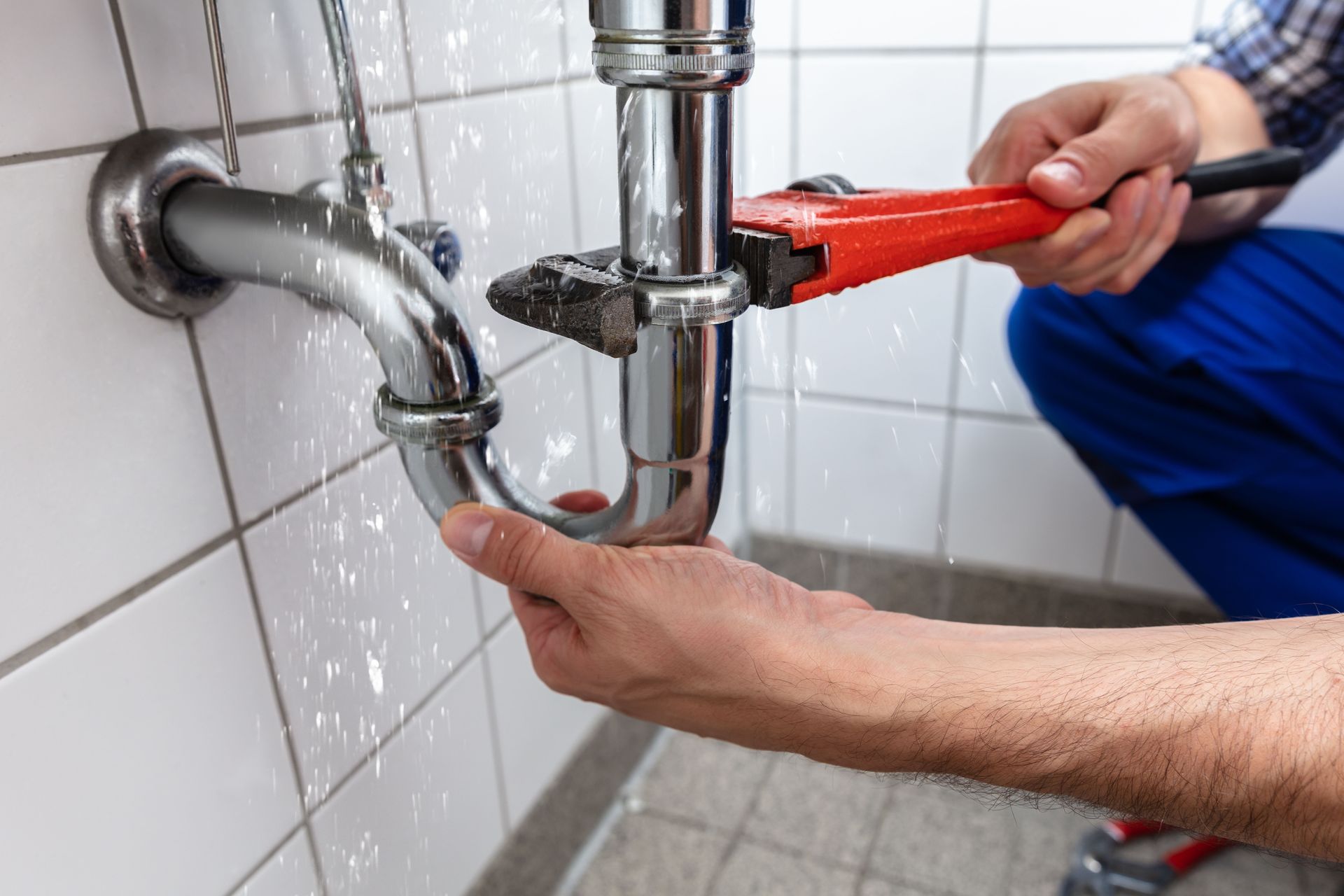
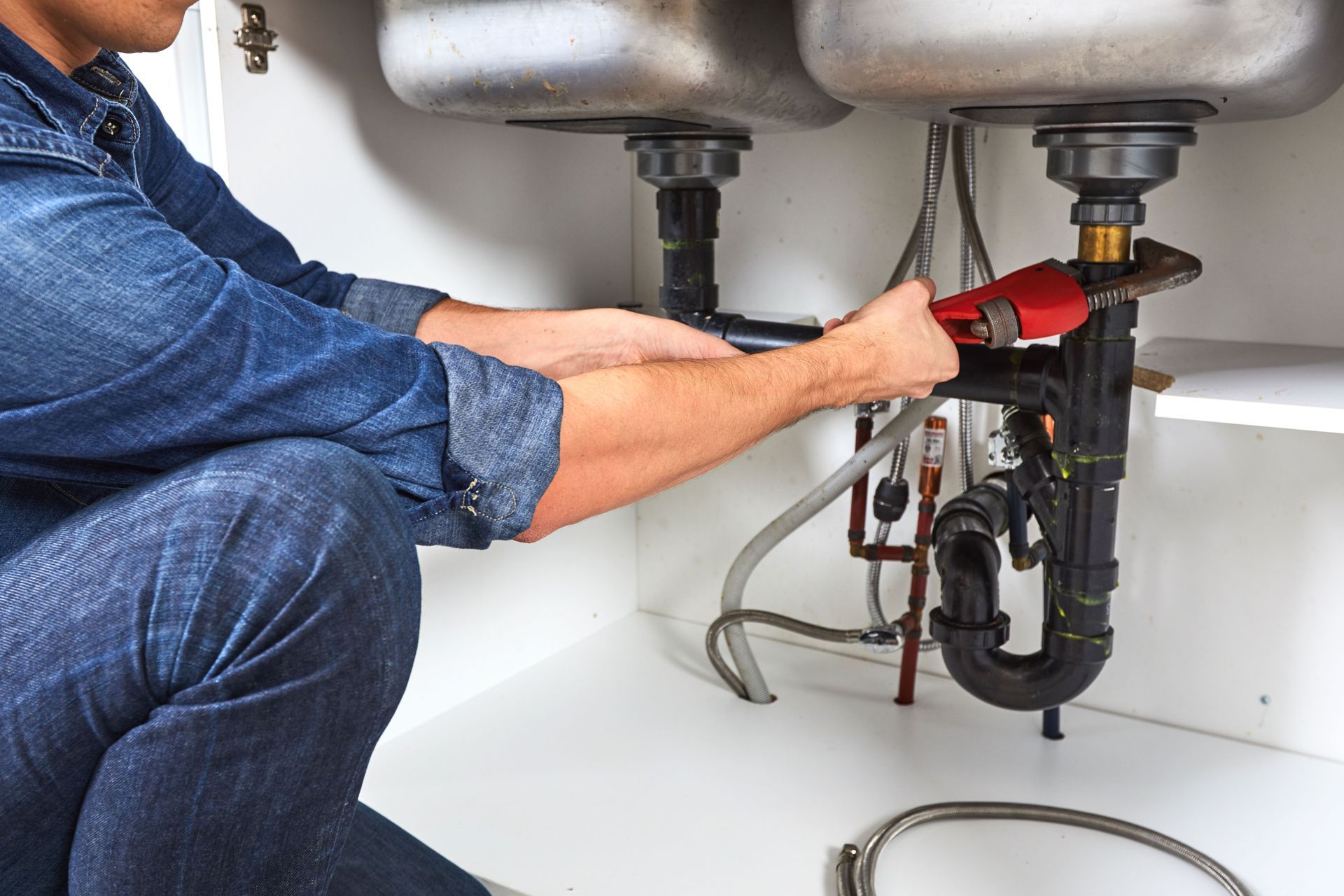
Share On: